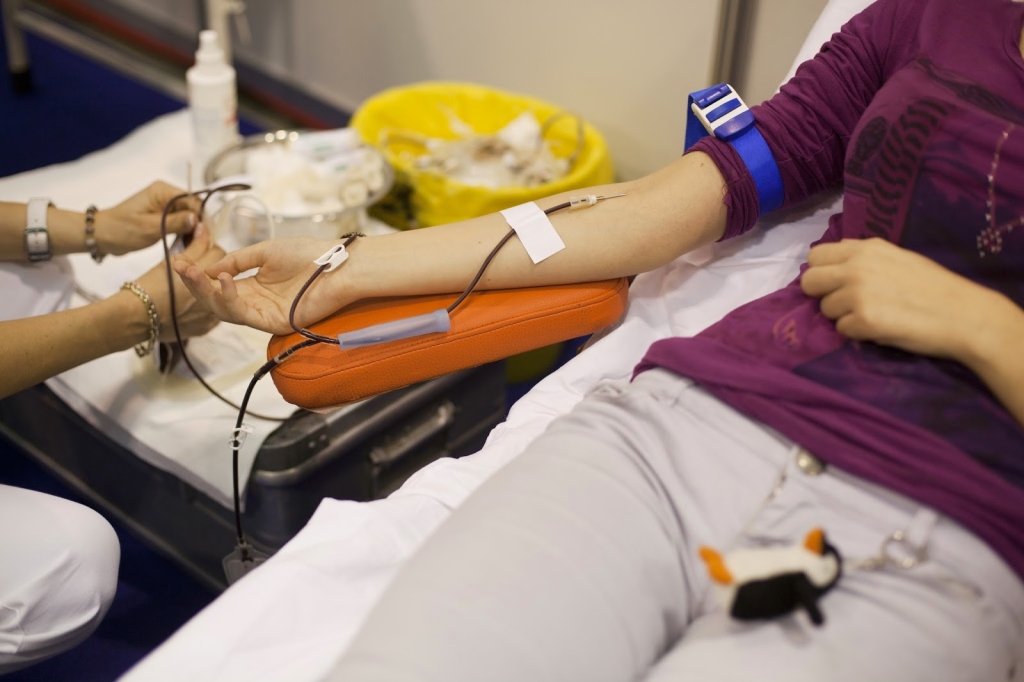Unlock Your Career Potential with a certificate of Competence in Phlebotomy: A Complete Guide
Embarking on a healthcare career can be both rewarding and fulfilling.Among the various roles,phlebotomy technicians play a crucial part in patient care by safely collecting blood samples for testing and diagnosis. If you’re considering stepping into this vital field, obtaining a Certificate of Competence in Phlebotomy is a strategic move that can significantly enhance your employment prospects and professional development. In this comprehensive guide, we’ll explore everything you need to know about phlebotomy certification, its benefits, practical tips for success, and real-world insights.
Introduction: Why Pursue a Certificate of Competence in phlebotomy?
The healthcare industry is continually evolving,and qualified professionals are in high demand. A certificate of competence in phlebotomy not only validates your skills but also makes you stand out in the job market. Whether you’re a recent graduate or a career changer,acquiring this certification opens doors to diverse employment opportunities in clinics,hospitals,laboratories,and even mobile healthcare services. moreover, it equips you with the practical skills and confidence needed to perform blood draws safely and efficiently, providing excellent patient care.
What is a Certificate of Competence in Phlebotomy?
A Certificate of Competence in Phlebotomy is a formal credential that demonstrates a person’s ability to perform blood collection procedures accurately and safely. This certification typically involves completing specific training courses,passing assessments,and gaining practical experience. It assures employers and patients that you possess the necessary knowledge of anatomy, safety standards, hygiene practices, and patient dialog.
many healthcare institutions recognize and require this certification as a prerequisite for employment, making it a critical step in establishing a reputable career in medical laboratory support.
benefits of Earning a Certificate of Competence in Phlebotomy
- Enhanced Employability: Certified phlebotomists are preferred candidates in healthcare settings.
- Skill Validation: official recognition of your ability to perform blood draws with confidence.
- Career Advancement: Opens opportunities for specialization or transition into related healthcare roles.
- legal and Safety Compliance: Ensures adherence to industry standards and patient safety protocols.
- Personal Development: Builds clinical skills, communication, and professionalism.
How to Obtain a Phlebotomy Certification
Step-by-step Process
- Research Certification Programs: Choose accredited training providers offering recognized certification courses.
- Complete training Course: Engage in classroom or online modules covering anatomy, blood collection techniques, safety, and patient communication.
- gain Practical Experience: Perform supervised blood draws in clinical settings to build hands-on skills.
- Pass Certification Exam: Successfully complete assessments to demonstrate your knowledge and skills.
- Apply for Certification: Submit necessary documentation and fees to certifying bodies such as ASCP, NBTC, or other recognized agencies.
Meaningful Considerations
- Ensure the program is accredited or recognized within your region.
- Check certification renewal and continuing education requirements.
Practical Tips for Aspiring Phlebotomists
- Prioritize Hands-On Practice: Seek opportunities for real blood draw experiences.
- Develop Strong Communication Skills: Comfort and reassure patients during procedures.
- Stay Updated on Safety Protocols: Follow infection control and safety guidelines diligently.
- Build a Professional Network: Connect with experienced phlebotomists and healthcare professionals.
- Prepare for Certification Exams: Use practice tests and study guides to boost confidence.
Benefits and Practical Tips
Having a certificate not only legitimizes your skills but also boosts your confidence.Remember, patient interaction is as important as technical skill. Be compassionate, attentive, and professional.Continually updating your knowledge through seminars and certifications helps keep you competitive and compliant with changing industry standards.
Real-Life case Studies
| Scenario | Challenge | Outcome |
|---|---|---|
| Blood draw in pediatric patient | Patient was anxious and uncooperative | Used calming techniques; successfully collected blood without distress |
| Vein challenging to access | Patient had small veins | Applied advanced techniques learned during certification; completed sample collection |
| Handling a patient with a bleeding disorder | High risk of bleeding complications | Followed safety protocols; minimized risks and ensured patient comfort |
First-Hand Experience: What It’s like to Be a Certified Phlebotomist
Many professionals find that obtaining their certificate transforms their outlook on healthcare. From the moment of certification, they feel more competent and respected in their roles. Challenging situations, like tricky veins or anxious patients, become manageable with proper techniques. It’s a career that offers fulfillment through helping patients and collaborating with healthcare teams daily. Continuous practice and dedication are key to long-term success in this field.
Conclusion: Your Pathway to a Rewarding Healthcare Career
Securing a Certificate of Competence in Phlebotomy is a strategic investment in your healthcare career. Not only dose it equip you with essential skills for blood collection, but it also opens doors to fulfilling job opportunities across various healthcare settings. By investing in quality training, practicing diligently, and maintaining professionalism, you can unlock your potential and make a meaningful difference in patients’ lives. Ready to take the next step? Enroll in a certified phlebotomy program today and start your journey toward a rewarding healthcare career!
